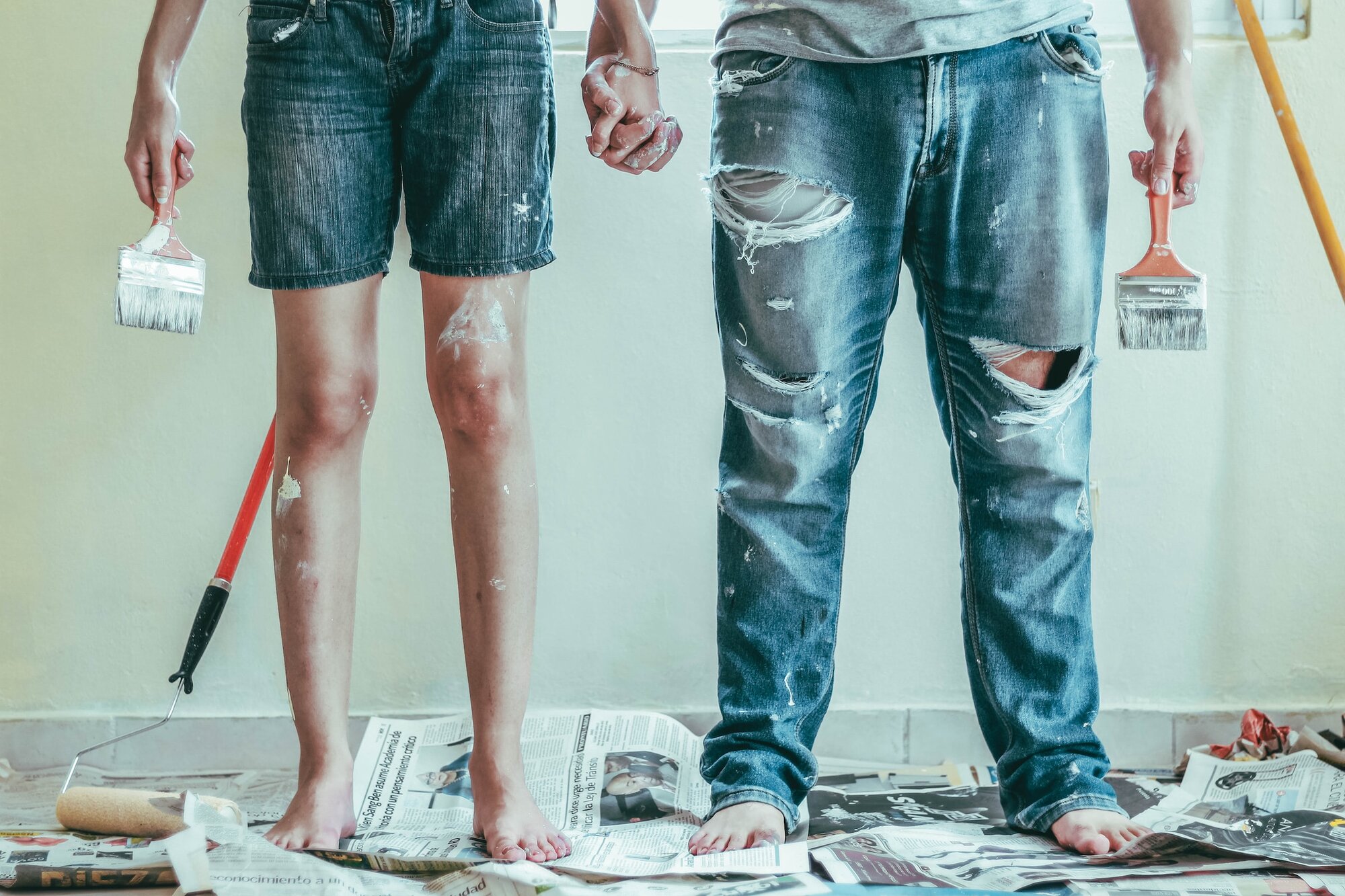Given the name ‘Shared Ownership’, you might assume that costs are ‘shared’. However, as the GOV.UK website explains: “You will need to pay for repairs and maintenance no matter what share you own”. They add: “Some costs might be covered by the building warranty, or by the landlord if your home has an ‘Initial Repair Period’”.
In this article we’ll explain what the Initial Repair Period is, how it works and who benefits (and who doesn’t).
What is an initial repair period?
The initial repair period was introduced as part of a package of Shared Ownership reforms in 2021. The reforms make your Housing Association responsible for the cost of some repairs during the first 10 years.
When does the initial repair period start, and end?
Does the 10-year initial repair period start from the date your building was constructed, or the date you buy your initial share?
Look for the Particulars section in your lease, and the heading Initial Repair Period. It will probably state that the 10-year period starts from the date of the lease, and ends on ‘the Initial Repair Period End Date’.
If you (or any subsequent buyer) don’t staircase, the end date is 10 years from the start date. However, if you staircase to 100%, the initial repair period ends on the date of final staircasing.
The situation is different for anyone buying a Shared Ownership home they are currently renting, under the Right to Shared Ownership scheme. This is because Right to Shared Ownership homes are not new-builds. In this case, the initial repair period usually lasts for 10 years after the home was first built.
What repairs are included?
The initial repair period is sometimes referred to as a ‘repair-free’ period. This is not strictly accurate. Your landlord is obliged to pay some costs. But not all costs.
During the initial repair period, your Housing Association is responsible for the cost of:
- essential repairs to the outside of the building
- essential structural repairs to walls, floors, ceiling and stairs inside your home
In fact, the building warranty should cover the cost of most structural repairs to new-build homes during the first 10 years. However, under the new reforms, your Housing Associations can’t use service charges to pay for external and structural repairs, or use the reserve fund (sinking fund) to pay for repairs that are their responsibility.
You can also claim up to £500 a year, plus any unused allowance from the previous year, to pay towards the costs of ‘essential and genuine’ repairs to the supply of water, gas or electricity, and your heating system.
What repairs are not included?
Although you can claim for repairs to the supply of water, gas or electricity (e.g. plumbing), you can’t claim for repairs to appliances that use those supplies (e.g. ovens or washing machines).
You can claim for repairs to your heating system (e.g. a boiler or radiator). But you can’t claim for other fixtures (e.g. kitchen cabinets) and fittings (e.g. furniture).
You can’t claim costs from your Housing Association if a repair is covered under a warranty, insurance policy or guarantee.
And it probably goes without saying that you won’t be covered if you cause damage on purpose, or if repairs are needed because you failed to arrange routine servicing and maintenance (e.g. regular boiler servicing).
How do I make a claim?
First, contact your Housing Association. They will decide if the repairs are essential and genuine. If necessary, they have the right to inspect your home when making a decision.
Then, it will be up to you to arrange the repairs. Your Housing Association might have an internal repair service, an external contractor, or a list of approved professionals you can use. Alternatively - and only if you have permission from your Housing Association - you can find a tradesperson via sites such as Trustmark.
You can claim up to £500 in the first year. If the repairs cost more than £500, you will have to pay the difference yourself.
If you don’t make a claim, your Housing Association will roll forward a maximum of £500 to the following year. This means that the maximum you can claim in any year, after the first year, is £1,000.
Example

What counts as an essential and genuine repair?
There is no definition of ‘essential’ or ‘genuine’ in the model lease, so it will be up to your Housing Association to determine this.
Will I still need to pay service charges?
Yes. The initial repair period won’t cover all the costs paid for via service charges: for example, insurance, and management fees.
Do all shared owners have an initial repair period?
The initial repair period was introduced in 2021 as part of a package of reforms. However, many Shared Ownership homes on the market were developed under previous versions of the model lease. Don’t assume your home has an initial repair period simply because you bought your share since 2021.
The new model lease is not retrospective, so Shared Ownership homes developed before 2021 do not come with an initial repair period.
You will also lose the benefits of the initial repair period if you staircase to 100% during the first 10 years.
What if I buy a resale?
If you are buying a resale, the repairs allowance will usually transfer to you. Check with the sales team or estate agent, and your solicitor. The 10-year limit does not reset on sale so, if your new home does benefit from an initial repair period, ask how many years are left.
The initial repair period does not apply if you buy a 100% share, via a simultaneous sale and staircasing transaction.
Do your own research!
As we’ve explained, some Shared Ownership homes benefit from an initial repair period, and some don’t. Check your lease and/or the Key Information Document.
Additional resources
GOV.UK – Shared Ownership homes: Repairs and home improvements
GOV.UK – Right to Shared Ownership: buying a share of your rented home


